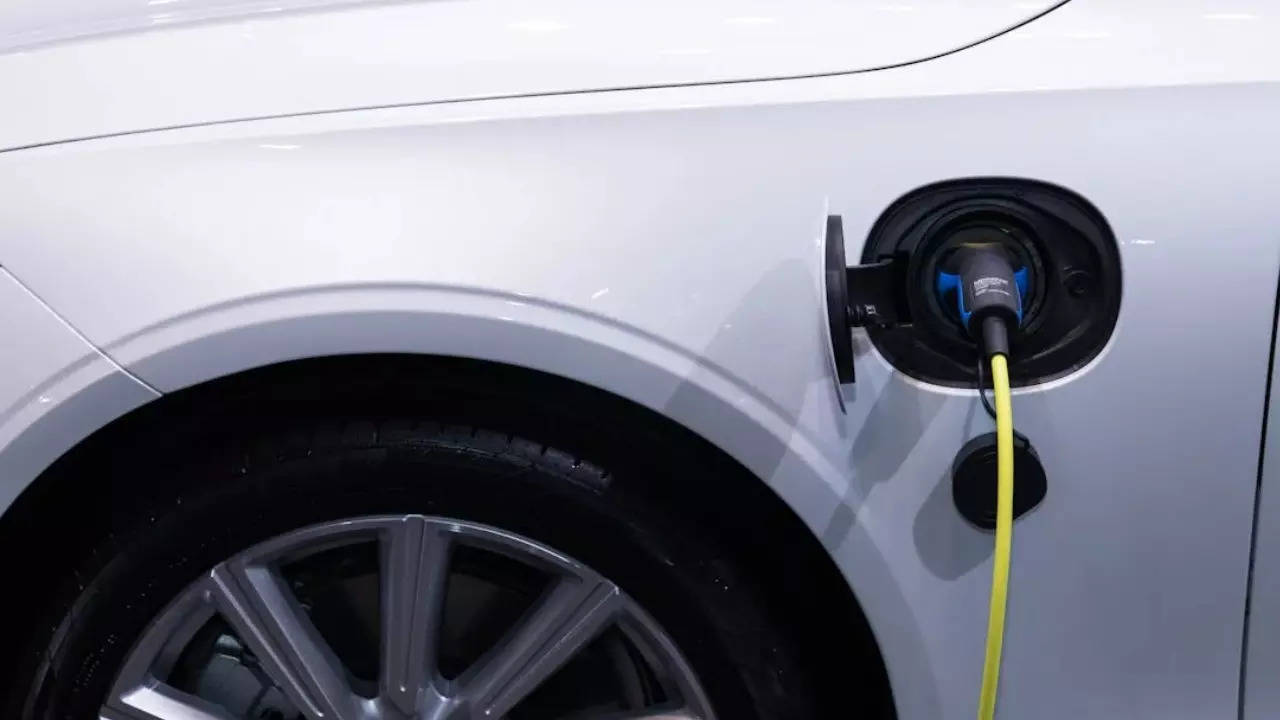What makes Samsung’s solid-state battery so revolutionary?
The battery boasts the ability to power an electric vehicle for up to 965 km on a single charge, with a charging time of just nine minutes. This would, however, require infrastructure capable of charging speeds between 480 kW and 600 kW. Moreover, these batteries come with a lifespan of 20 years, far outstripping the longevity of current lithium-ion batteries.
Tata Curvv Coupe EV first drive review Big, stylish, loaded… but better | TOI Auto
Solid-state batteries: Explained
But what exactly are solid-state batteries, and why are they so important? Unlike the lithium-ion batteries that most EVs use today, which rely on a liquid electrolyte to move ions between the cathode and anode, solid-state batteries employ a solid electrolyte. This seemingly simple change brings a lot of advantages.
The solid electrolyte not only allows for a higher energy density—Samsung’s version boasts 500 Wh/kg, nearly double the 270 Wh/kg found in today’s mass-produced EV batteries—but also significantly enhances safety. The absence of a flammable liquid reduces the risk of fires and explosions.
Solid-state batteries: Potential impacts on the EV industry
The increased energy density of solid-state batteries could effectively double the driving range of electric vehicles, addressing one of the most significant barriers to widespread EV adoption: range anxiety. Meanwhile, the ultra-fast nine-minute charging time would make long-distance travel far more convenient for EV owners.
However, this cutting-edge technology comes with a challenge. Due to the high production costs, Samsung’s solid-state batteries are expected to be initially available only in the high-end segment of the EV market. This means that, initially, only the most expensive electric vehicles will likely benefit from this technology.


